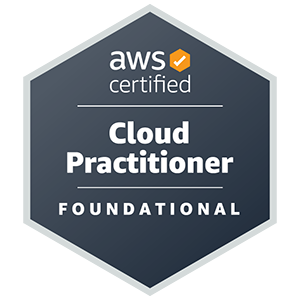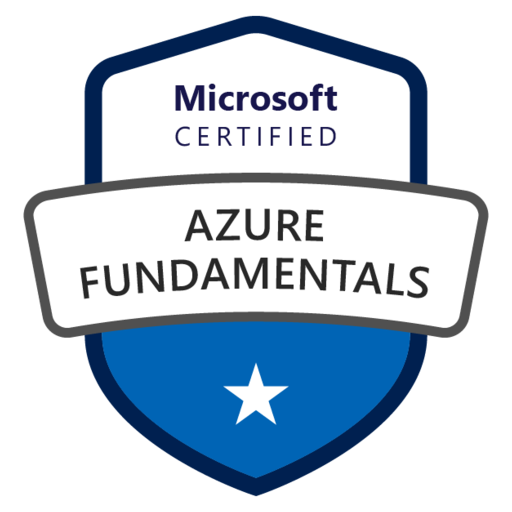From the humble text-based Web pages of the early 1990s, the Internet has undergone a remarkable metamorphosis. Today, it thrives as a dynamic ecosystem pulsating with interactive websites and feature-rich web applications. This evolution is a testament to the transformative power of web development, the discipline that builds the invisible architecture behind our online experiences.
Web development is much more than coding static pages. It’s a blend of art and science, using a powerful toolkit of Web Development Languages and frameworks to bring websites and applications to life. As we rush toward a future increasingly dependent on the digital world, the demand for skilled web developers who can effectively use these languages has never been greater.
This comprehensive guide explores the 6 most influential web development languages currently shaping the web, equipping both developers and businesses with the knowledge they need to not only survive but thrive in the ever-expanding digital landscape.
1. HTML/CSS
HTML (HyperText Markup Language) and CSS (Cascading Style Sheets) are the inseparable duo that form the foundation of web development. They work together to create the visual and structural identity of websites. HTML acts as the skeletal framework, defining the content and structure of a web page through a series of tags. Think of it as the blueprint for a house, outlining the rooms and their purpose. CSS, on the other hand, is the design maestro, wielding a brush of colorful styles to bring the site to life. It controls the layout, fonts, colors, and overall aesthetic, transforming the bare-bones structure into a visually appealing and user-friendly experience.
While HTML and CSS are the cornerstones of web design, they primarily deal with static content. To add interactivity and dynamic elements, web developers often turn to JavaScript, which adds a layer of responsiveness and user engagement. Think of JavaScript as the electrician who brings the site to life with animations, form validation, and other interactive features.
2. PHP
For developers looking to create dynamic websites and web applications, PHP is a robust and mature server-side scripting language. Its popularity stems from its ability to seamlessly combine ease of use with powerful functionality. A rich ecosystem of pre-built extensions allows developers to quickly integrate features and functionality, accelerating the development process. In addition, PHP prioritizes security and offers a comprehensive set of features to protect web applications from potential threats.
PHP’s ability to scale effortlessly makes it a compelling choice for organizations with demanding web projects. As user bases and data volumes grow, PHP applications can gracefully adapt to meet these evolving needs. In addition, a wealth of mature frameworks have emerged within the PHP community, such as Laravel and Symfony. These frameworks provide developers with a structured approach to building complex applications. By leveraging pre-built components and efficient routing engines, frameworks streamline development, promote code reuse, and ultimately save development time.
3. Python
Python’s popularity extends far beyond web development. Known for its readability and beginner-friendly syntax, Python empowers developers in fields as diverse as data science and machine learning. This versatility translates seamlessly to web development, allowing developers to leverage Python’s extensive libraries to integrate cutting-edge capabilities such as artificial intelligence and machine learning into web applications.
When building web applications, developers often turn to Python’s robust framework ecosystem. Frameworks such as Django and Flask provide a structured foundation for building secure and scalable web projects. Their popularity is evident in the success stories of industry giants like Instagram and Mozilla, both of which rely on Python for their web development needs. These frameworks offer a treasure trove of pre-built components and streamline development workflows, allowing developers to focus on creating innovative features and functionality.
4. JavaScript
JavaScript’s dominance as one of the web development languages is undeniable. Its versatility allows developers to create dynamic and interactive web experiences in a variety of environments. JavaScript moves seamlessly between client-side scripting, where it interacts directly with the user’s browser, and server-side development, where it runs on the web server. This flexibility makes it a powerful tool for creating a consistent web experience.
To further extend the capabilities of JavaScript, a robust ecosystem of frameworks has emerged. Popular frameworks such as ReactJS, AngularJS, and Vue.js provide developers with a structured approach to building complex web applications. These frameworks streamline development by providing pre-built components and libraries, allowing developers to focus on creating user-centric features and functionality.
5. Java
Java has carved out a niche in enterprise web development, especially for complex and large-scale projects. Its unwavering focus on security features makes it a trusted choice for companies that handle sensitive data. Java’s ability to run seamlessly on multiple operating systems (platform independence) ensures application compatibility across diverse environments.
Java’s robust architecture excels at handling massive amounts of data and high user traffic, making it ideal for building scalable Web applications that gracefully adapt to growth.
This scalability is further enhanced by Java’s multi-threading capabilities, which allow applications to handle multiple tasks simultaneously, optimizing performance. In addition, Java prioritizes security by providing a comprehensive set of features to protect Web applications from potential threats, including advanced authentication mechanisms. This focus on security is a key reason why Java is a mainstay of enterprise development.
6. Ruby
Ruby’s appeal lies in its focus on the developer experience. Its elegant syntax and emphasis on readability make it a favorite among programmers, especially those who value rapid development and maintainable codebases. This focus on code clarity becomes even more beneficial as projects grow in complexity.
The true power of Ruby comes when combined with the Ruby on Rails framework. Rails provides a robust foundation for building web applications, offering a collection of conventions and code generators that streamline the development process. This streamlined approach allows developers to quickly prototype, test, and deploy web applications, fostering an agile development environment. The success stories of industry leaders such as Airbnb and GitHub, both of which rely on Ruby on Rails, are a testament to the framework’s ability to deliver scalable, feature-rich web applications at a rapid pace.
The never-ending journey of Web Development Languages
The web development landscape is a dynamic ecosystem in constant flux. New technologies emerge and best practices evolve, making continuous learning a cornerstone of success in the field. While mastery of the Web Development Languages covered here (HTML/CSS, PHP, Python, JavaScript, Java and Ruby) provides developers with a powerful toolkit, staying curious and exploring cutting-edge advancements is critical for both beginners and established professionals.
Strengthen your business through web development
By harnessing the power of the right Web Development Languages, businesses can create compelling user experiences, build robust web applications, and unlock a world of possibilities in the ever-expanding online landscape.
Ready to start your digital transformation journey? Click here and contact our team today to explore how our technology solutions can take your business to new heights.
















